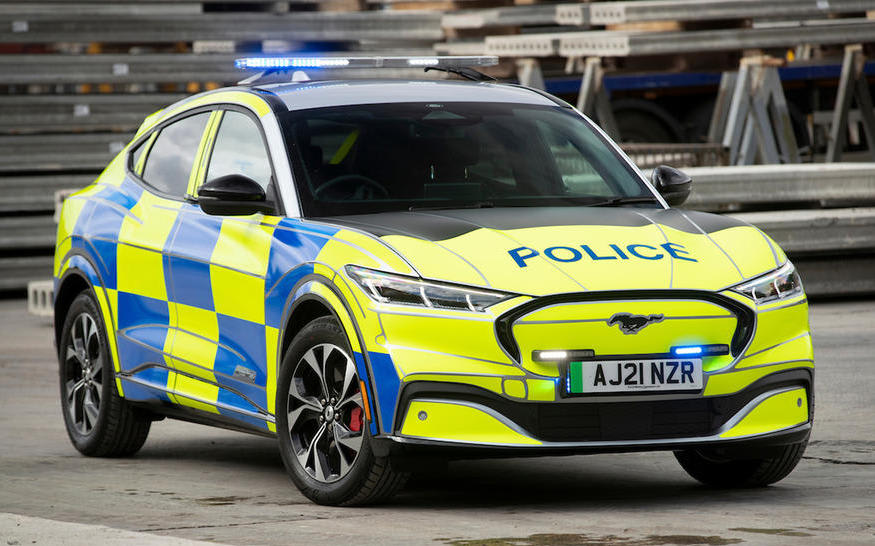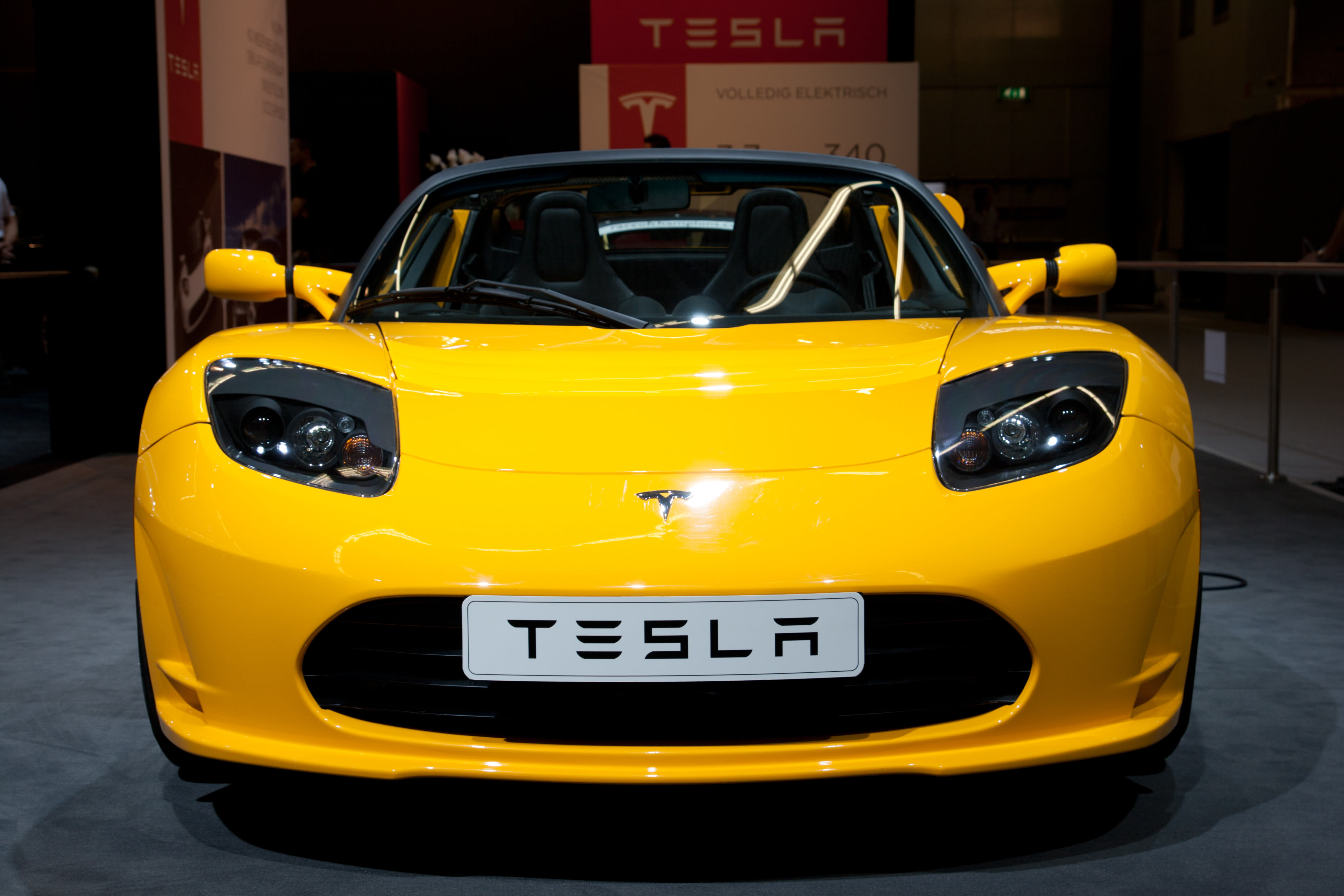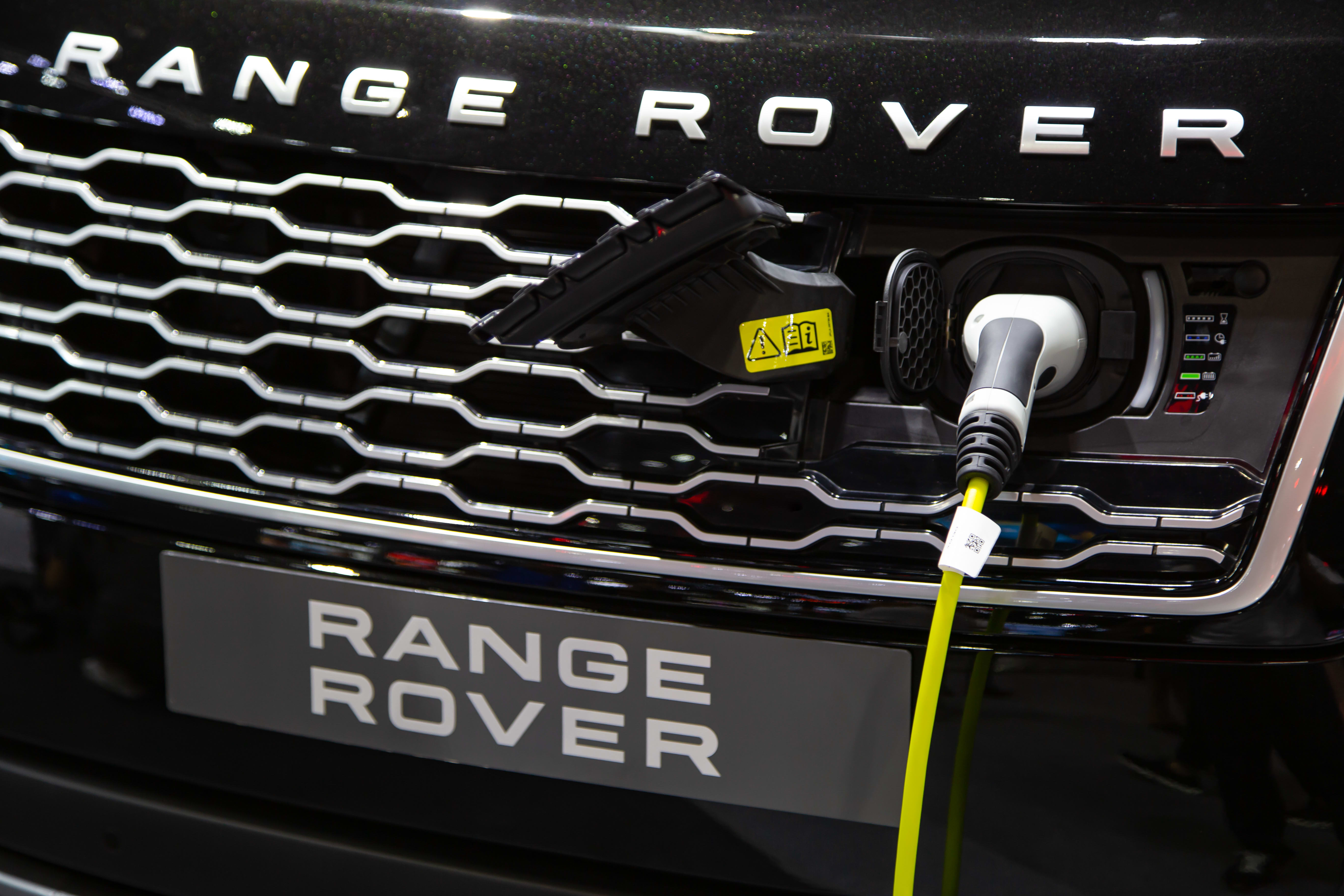
The UK police are increasingly keen to go green. While much of the ‘blue-light’ fleet remains petrol- and diesel-powered, there is clearly scope for electric vehicles to work in police service. Which is why seven forces are trialling the new Ford Mustang Mach-E electric SUV. According to Electrive.com, London’s Metropolitan Police have already tested the vehicle, with Police Scotland and Surrey Police among those clamouring to try out the high-performance car.
And the police aren’t the only people who want to take on electric cars. The latest figures from the Society of Motor Manufacturers and Traders (SMMT) show the market for electric vehicles continues to grow. In August, electric vehicles made up 10.9% of the new car market, up from 6.4% during the same period in 2020. Over the first eight months of the year, electric cars have accounted for more than 8% of new car sales, and that’s an uplift of around 50% compared with the same part of 2020.

According to a LeasePlan UK survey published on The Sun’s website, almost a third (31%) of Brits are keen to keep up eco appearances with their neighbours, coveting solar panels and electric cars. The survey found more than 15% of those questioned had made a ‘green’ purchase after a neighbour or acquaintance had done the same. More than a quarter of those said they bought an electric vehicle to compete with their neighbours.
For those who are not influenced by peer pressure, there’s a new campaign to allay one of the concerns for prospective electric car drivers. An original Tesla Roadster, built in 2010, has driven from Land's End to John o' Groats to prove a point about battery longevity. According to Electrek, the car that first completed the feat in 2011 is still on its original battery pack, and it completed the journey in 15 hours and 46 minutes, with just over an hour and 31 minutes of charging.

And as the UK’s population of electric cars increases, so too does the number of chargers available to power them. According to figures from charging website Zap-Map’s online database, the UK now has more than 25,000 public charging devices across more than 16,000 charging locations. Between them they have over 43,000 connectors.
Soon, however, it seems fewer drivers will need to charge their vehicles out and about. As was reported in The Times, all new homes and offices built in the UK will soon be required to come with vehicle charging facilities, allowing more people to benefit from lower running costs and increased convenience. The legislation is hailed by the government as the first of its kind, and will also require all chargers to be so-called ‘smart’ devices that ensure batteries can be replenished without overloading the grid. It’s expected that the new rules will be implemented next year.

But those chargers will be nothing without batteries to charge. And that’s exactly why a company called Britishvolt is building a battery cell factory in Northumberland, according to Electrive.com. The new plant will grow over the coming years until it eventually churns out 30 GWh of battery capacity by 2027.
Where to Next?
- For all the latest reviews, advice and new car deals, sign up to our newsletter.
- Looking for a great leasing deal? Check out our incredible electric and hybrid special offers.
- Read our latest reviews and find the right model for you.
- Want to know more about electric? Take a look at our comprehensive EV guides.
- Interested in everything motoring? Why not catch up on all the latest car leasing news.

















